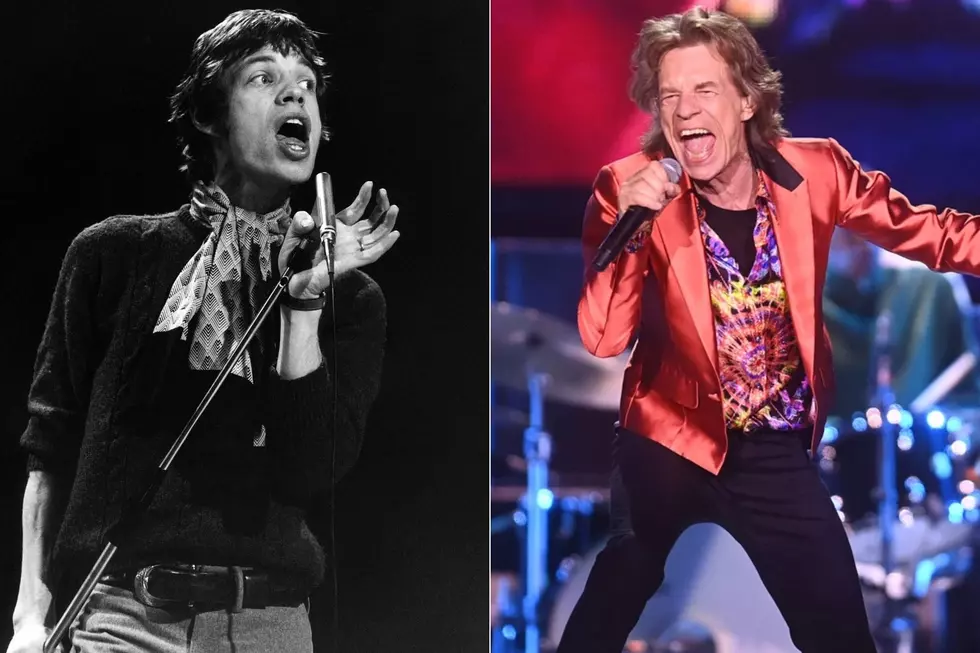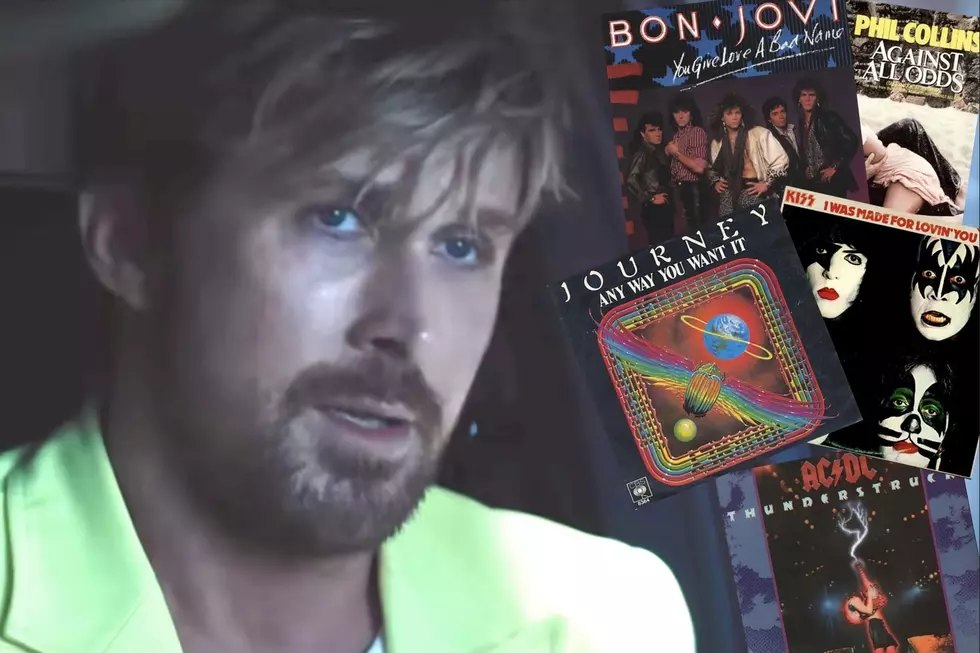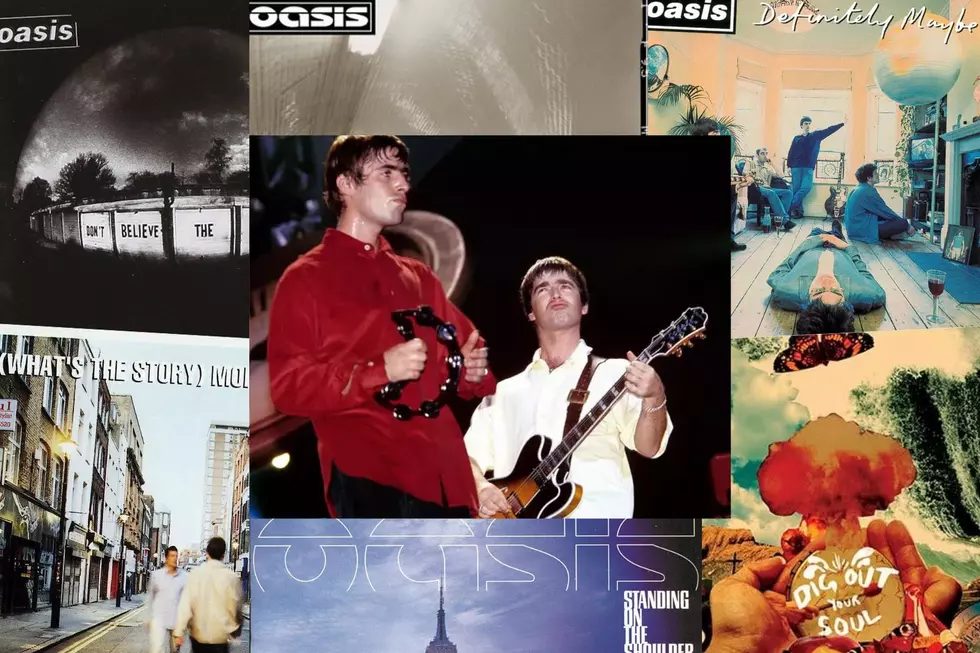
Dokken, ‘Heaven Comes Down': Album Review
Don Dokken knows his voice ain't what it used to be, and he wants fans to take note. "It's like a motor car. It's getting worn out," the 70-year-old singer said in 2023. "If I can't sing the way they remember me, then just don't come to the show. I've got no problem with that."
True to his word, the piercing high notes of yesteryear are nowhere to be found on Heaven Comes Down, Dokken's first album of original material since 2012's Broken Bones. But does it even matter? Intermittent screams aside, Don Dokken has always been the weak link of his band; that certainly wasn't going to change in his eighth decade of life. At least this time he can chalk his hoarse, limp vocals up to age and thousands of hours on the job.
The good news is that the rest of Heaven Comes Down is Dokken as they always were: melodic metal abounding with punchy riffs and full-throttle grooves. "Is It Me or You?" is a stomping midtempo rocker with a taut, tense bridge. "Just Like a Rose" and "Over the Mountain" put the pop back in the band's pop-metal formula, with infectious choruses bolstered by tasteful vocal harmonies. The whole album rattles speakers in a good way thanks to muscular co-production from Don Dokken and Bill Palmer.
READ MORE: Remember When Dokken Fought a Chicken?
There are ballads, too. "I'll Never Give Up" is the strongest of the bunch, with shimmering, arpeggiated guitar chords and playful bass lines swelling to a titanic chorus. "I Remember" is less successful, retreading Tooth and Nail's "Alone Again" and sputtering during its soppy chorus. Therein lies the paradox of Heaven Comes Down: Many of its best moments recall Dokken's glory days, while also reminding listeners of the band's diminished current status. Guitarist Jon Levin is a prime example, delivering blazing solos that are serviceable yet anonymous, a far cry from the distinctive, jaw-dropping fretwork of mercurial ex-shredder George Lynch.
Heaven Comes Down peaks with the closing track "Santa Fe," a poignant reflection on Don's heady Los Angeles days and subsequent relocation to the titular city. The singer's plaintive vocals fit the evocative acoustic guitars and auxiliary percussion like a glove, and he plays the wizened outlaw role with ease. It's the album's most vulnerable and convincing moment, and it proves that even if the proverbial motor car has taken a beating, it's still got some miles left in it.
More From Ultimate Classic Rock









